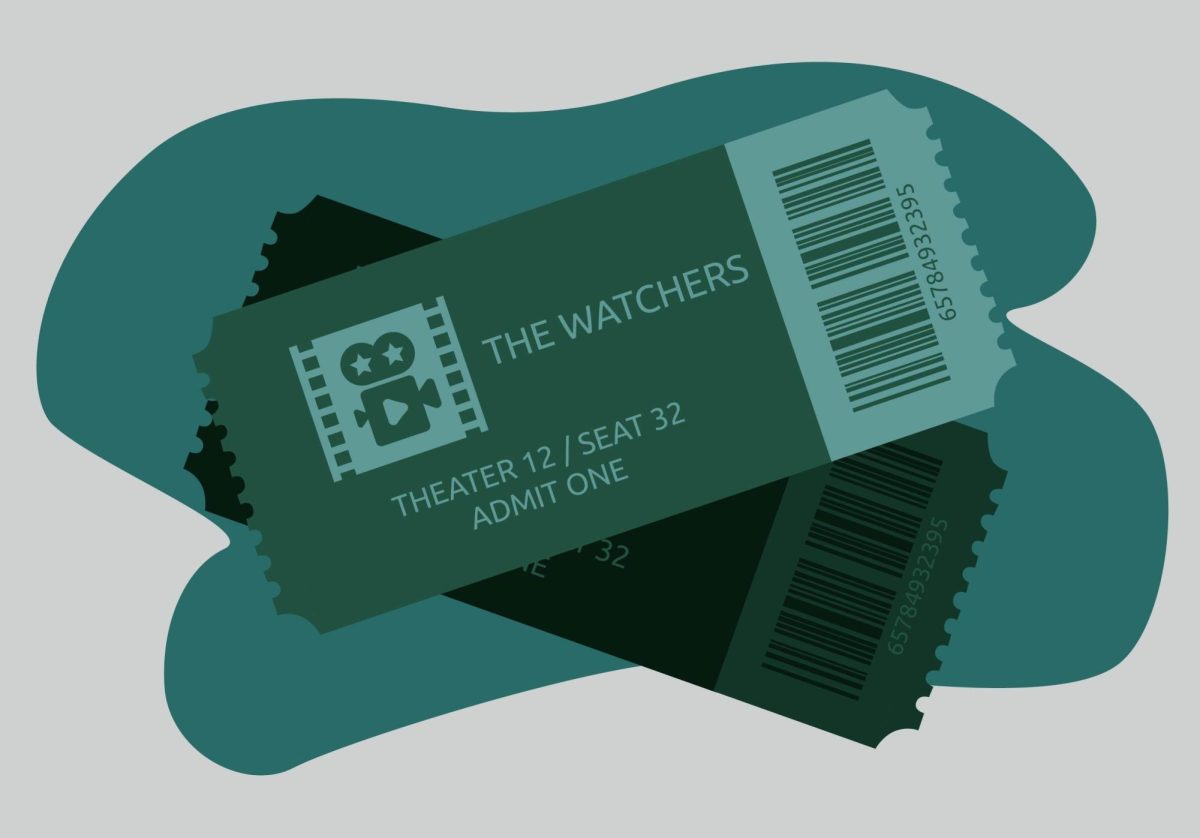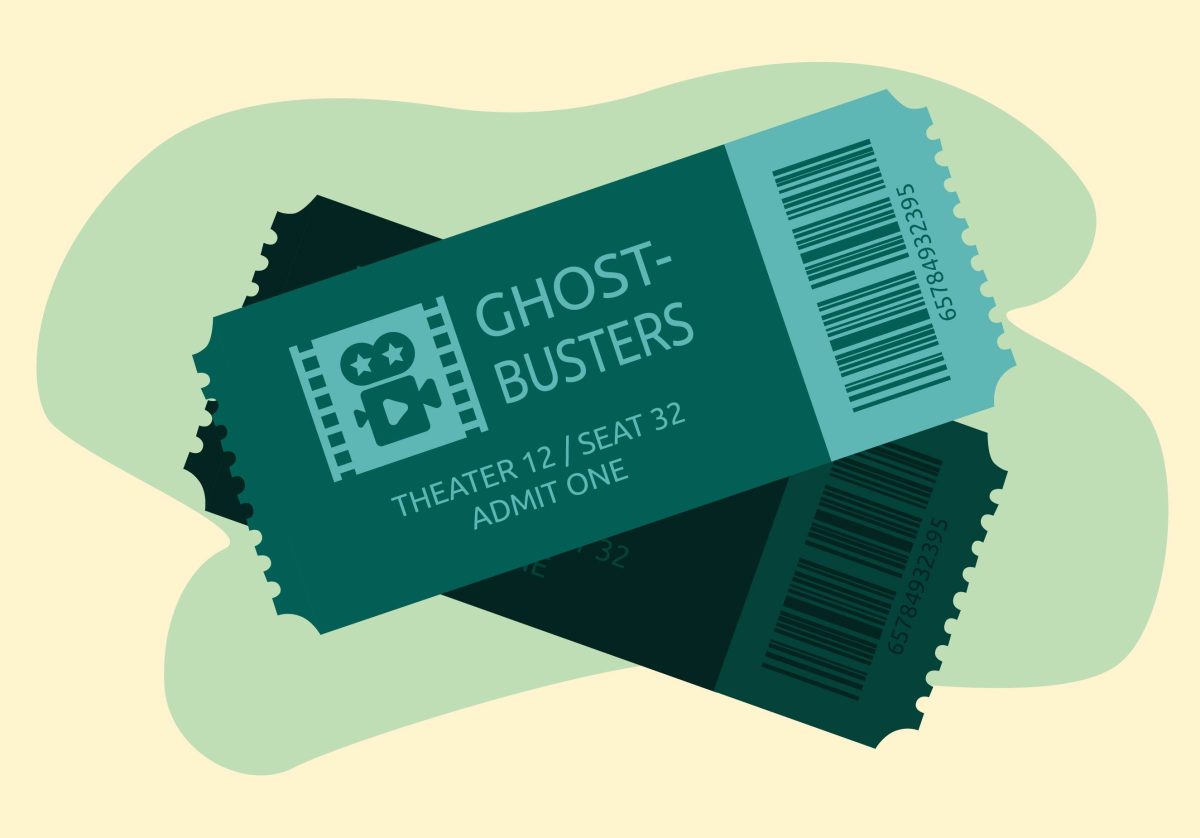In 2003, Brooklyn-based author Jonathan Safran Foer was named on a list of “50 Most Loathsome New Yorkers” by a local weekly.
When an interviewer mentioned the “nomination” to Foer in a discussion of his book “Everything is Illuminated,” Foer said the list gave him a good laugh.
Foer’s sense of humor is unusual – and a bit dark. It hides in the nooks and crannies of his characters’ lives, appearing suddenly, awkwardly, and leaving almost as quickly as it came. Such humor is present in his novels and appears in full force in the film adaptation of “Everything is Illuminated,” directed by Liev Schreiber and starring Elijah Wood.
Ultimately it is that odd humor that saves the film. Foer’s absurdity compensates for a script that, in tackling themes like remembrance, family legacy and Holocaust horrors, attempts to cover too much emotional territory.
Like the best-selling novel, the movie centers on two 20-year-old men’s lives: Jonathan (Wood) is a somber American Jew who compiles the artifacts of his family’s daily life – from dentures to condoms – in plastic bags. Alexander (Eugene Hutz) is a confident Ukranian with a love for his brother, dancing and his version of American pop culture.
The pair meets through Alexander’s family business, which offers tours of Ukraine to nostalgic American Jews. Jonathan is a nostalgic U.S. Jew searching for information about the woman who helped his grandfather escape the Holocaust and Trachimbrod, his grandfather’s village.
What follows is part road trip adventure and part Holocaust remembrance drama. The men’s lives (and those of their grandfathers) intersect when, via magical movie coincidence, they both discover their roots in Trachimbrod.
The first hour is a comic romp, mostly because of Alexander and his “creative” use of English. His grandfather’s dog becomes the “officious seeing-eye bitch.” After a memorable dance sequence, Alexander brags about the number of women who “want to be carnal” with him because of his moves.
Alex is geeky, loveable and insightful at the same time. Jonathan, by contrast, remains starkly emotionless and undeveloped. Wood, insistent on continuing his string of weirdo roles (as Frodo in “The Lord of the Rings” and Patrick in “Eternal Sunshine of the Spotless Mind”) doesn’t ever completely expose the human behind Jonathan’s neurotic exterior.
The film deserves kudos for its bold experimentation with pacing and humor throughout. The sometimes startling mix of drama and comedy, often in quick succession, shines. In one scene, a Ukrainian hotel owner is befuddled by Jonathan’s vegetarianism and offers only an ashen potato for his dinner. The dinner digresses into a lesson on harsh life in Ukraine – but somehow also ends up hilarious.
The second part of the movie, however, unhinges. A surreal visit to Trachimbrod feels out of context and is slightly confusing, given the rest of the movie’s pace and use of humor.
Here, those who have read the novel will notice what has been lost in its transition to film. In the book, Jonathan and Alexander trade manuscripts, Jonathan sharing a novel and Alexander a diary of sorts. The scripts exchange dialogue and expose not only the two characters’ personalities, but also the intricacies of their friendship.
There is little substitute for these exchanges in the movie. The serious, revelatory second half of the film – especially the ending – begs for a deeper connection between Jonathan and Alexander based on shared experience, remembrance and acknowledgement of how the past informs the present.
Some viewers might cringe at yet another film about the Holocaust (and still no storyline centering on less notable persecuted groups, such as homosexuals or the Roma). But “Everything is Illuminated” is an ambitious film about not only the Holocaust, but also memory. It certainly doesn’t illuminate everything, but it does shine a brighter light on life’s unusual fusion of comedy and tragedy.
















